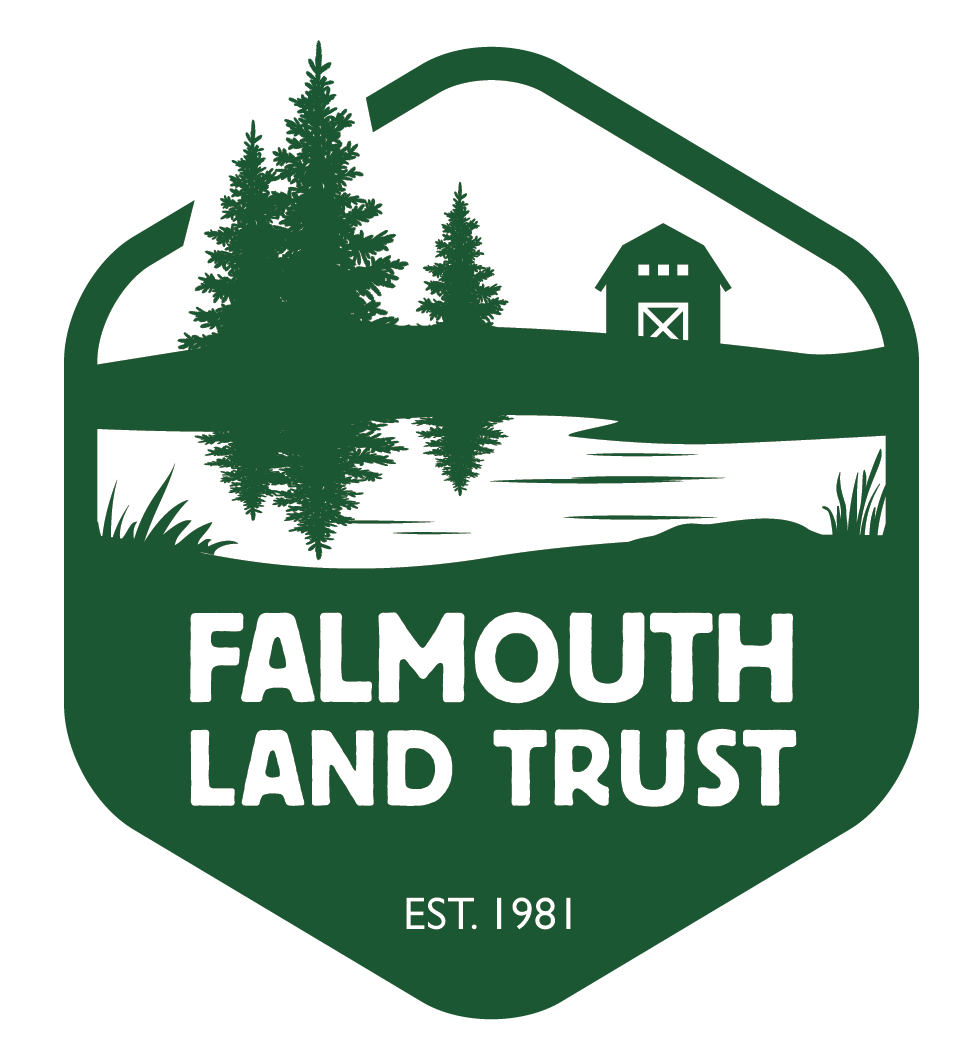WHAT IS A CONSERVATION EASEMENT?
A conservation easement is a voluntary legal agreement that permanently limits the use of land in order to protect its conservation values. A conservation easement is a tool that can be used to protect private or public properties from development in perpetuity. It is a legally binding agreement. Conservation easements are a very durable way to conserve land and carry with the land when the title or ownership changes hands over generations.
WHAT ARE THE BENEFITS OF CONSERVATION EASEMENTS?
Conservation easements keep land in private ownership and continue to provide benefits by keeping them in their natural or productive state.
Conservation easements do not automatically make a property open to the public to use, but that can be part of the arrangement.
Conservation easements can have a tax benefit to the landowner who donates a conservation easement.
Conservation easements are a great tool to keep lands open forever.
WHAT IS THE LAND TRUST’S ROLE & RESPONSIBILITY IN A CONSERVATION EASEMENT ARRANGEMENT?
In a conservation easement situation, the holder of the easement (the Land Trust) is responsible for monitoring the conserved property to ensure that the values that are enshrined in the easement are not compromised. So, for example, if an easement says there shall be no building on the property, the Land Trust will ensure there is no building. Every year our FLT VOLUNTEER PROPERTY STEWARDS monitor easements. FLT is responsible to communicate with the landowner, file the monitoring reports, and register the activities with the state. FLT also holds conservation easement insurance in case there is ever a dispute about an easement.
Falmouth Land Trust holds easements on 24 properties in Falmouth. These include some higher profile public properties such as Gilsland Farm at the Audubon Center and Community Park. FLT has also acquired easements on a number of private properties.
